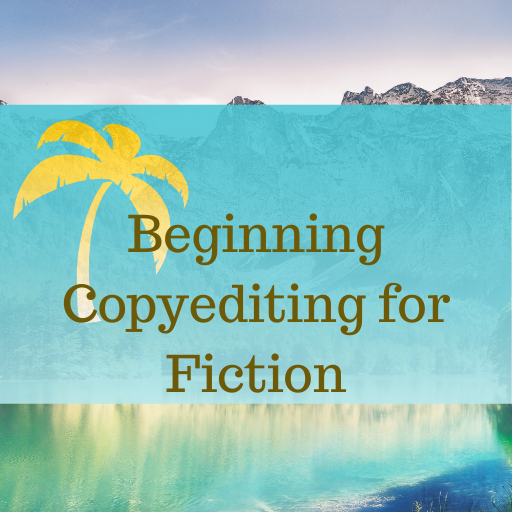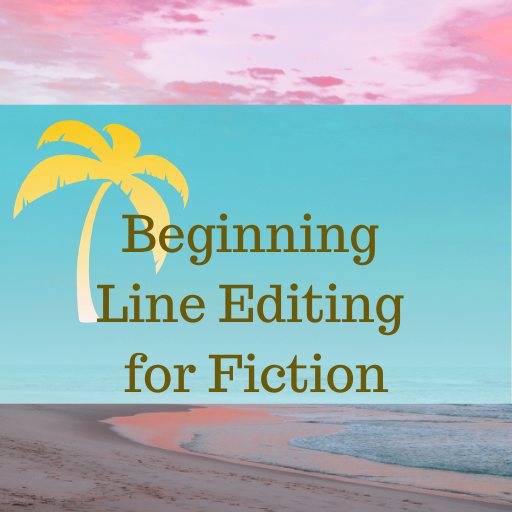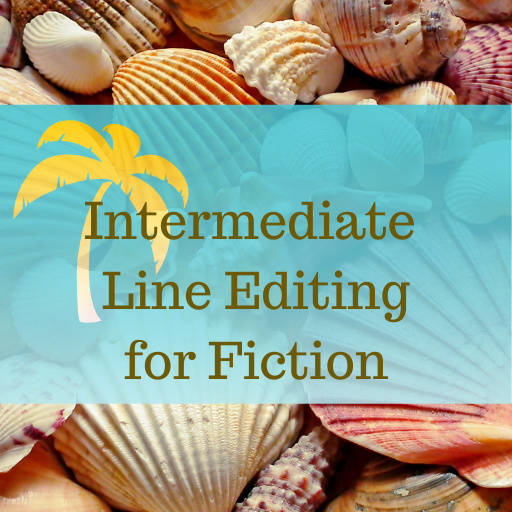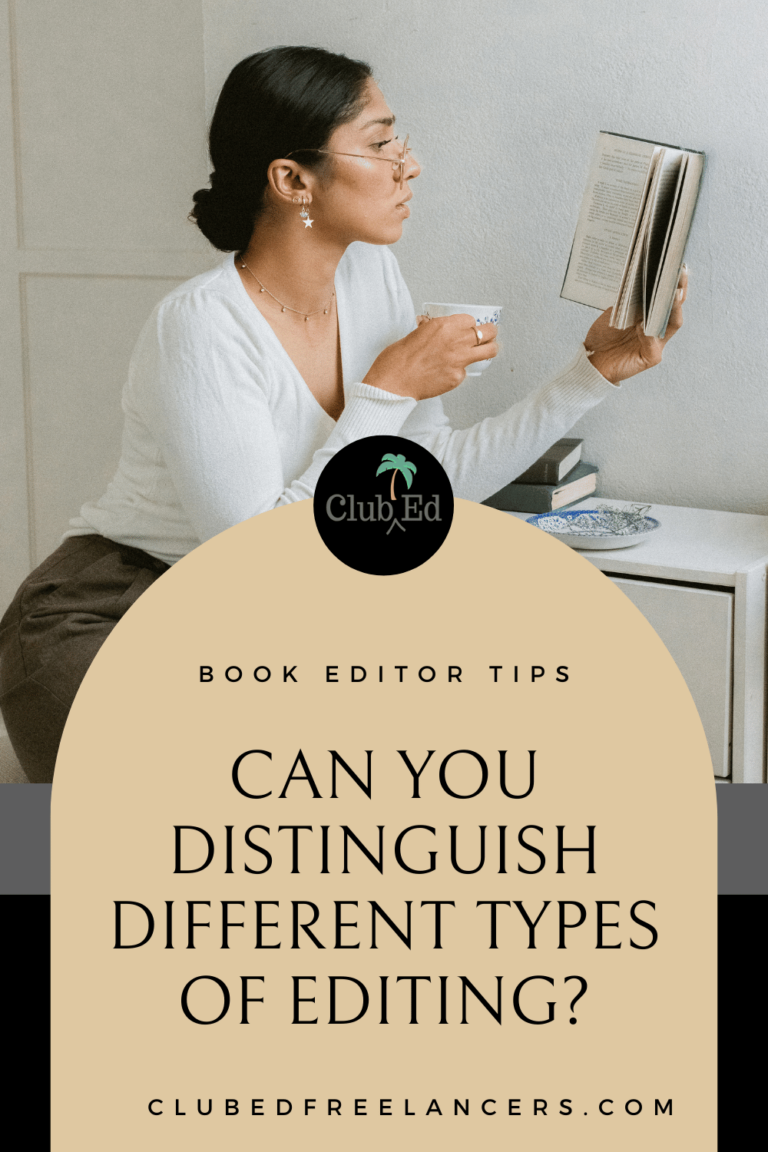Copyediting vs Line Editing – What’s the difference?
Copyediting and line editing both focus on the sentence level, but they are not the same thing. Copyediting is about ensuring consistency across a manuscript, correcting egregious errors, making sure the manuscript conforms to a specific style guide, and otherwise smoothing the prose so the reader doesn’t encounter any sentence-level hiccups as they read.
Example 1 – Copyediting
Here’s an example:
James and his father walked towards the barn it was a warm day with the sunshine brightly. The bull was in the pasture and he alerted because he seemed to be spearing something with his horns.
A CE might edit that to read:
James and his father walked towards the barn. It was a warm day with the sun shining brightly. The bull was in the pasture and James alerted because the bull seemed to be spearing something with his horns.
The CE isn’t worried about whether the scene is very entertaining or if the character development is effective. The CE is just making sure the sentences are understandable.
An LE is less concerned about making sure the commas are in the right place and more concerned with ensuring that the prose is as effective (and in the case of fiction, emotionally compelling) as it can be.
Example 2 – Line Editing
Here’s an example:
A few minutes later, they reached a small collection of fisherfolk cottages that lay outside the eastern stretch of the city wall, and they slowed to a walk, Lucinda breathing fast and Meretropia pausing to take deep lungsful of air.
“The Denu are coming!” Lucinda called out to the first householder she met, an older woman with her arms full of firewood. “Seek shelter! The Denu are coming!”
The woman frowned at her, then shook her head as if to judge the folly of some people and went inside her cottage.
Simon joined her cry: “The Denu are coming!”
Reading that, you may feel that something isn’t working quite as well as it could. An LE would recognize that the tension is being drained by having the characters slow down. Also, the LE would see that the verb “reached” isn’t very active. The LE might make the following edit:
They raced towards a small collection of fisherfolk cottages that lay outside the eastern stretch of the city wall.
“The Denu are coming!” Lucinda called out to the first householder she met, an older woman with her arms full of firewood. “Seek shelter! The Denu are coming!”
The woman frowned at her, then shook her head as if to judge the folly of some people and went inside her cottage.
Simon joined her cry: “The Denu are coming!”
Simple distinction between these types of editing
Copyediting is focused more on the correctness of the prose – that is, making sure no typos slip through and checking that style choices are consistently made. Line editing is more about polishing the prose so that it improves the story and engages the reader at the sentence level.
Other Helpful Content
Focus on a limited number of problems in story development
Typically in a manuscript evaluation or developmental edit, I focus on what I perceive to be the three-to-five most important concerns I’ve noticed in the ms. This is the approach I teach my editing students. Editing too many problems at once overburdens the author In any given ms, there may be ten or fifteen developmental problems…
Clients who want services you don’t offer
Newer freelancers sometimes come to me in a panic because a client has approached them to do work that’s outside their typical scope. Commonly this is something like the freelancer offers copyediting and developmental editing but the client wants coaching. What should they do? They don’t know how to coach, they don’t offer coaching services,…
Expand into Book Doctoring and Ghostwriting
If you’ve been a developmental editor for any length of time, you’ve likely encountered an author who just wants you to write the book for them. Or, you’ve encountered a manuscript that was in such disrepair that it required a herculean effort to fix it, dropping your hourly rate down to pocket change. As a…
Join the Club!
New to story editing? Begin at the beginning.







